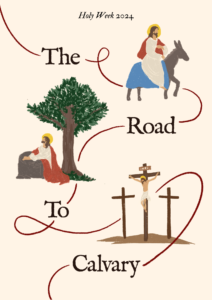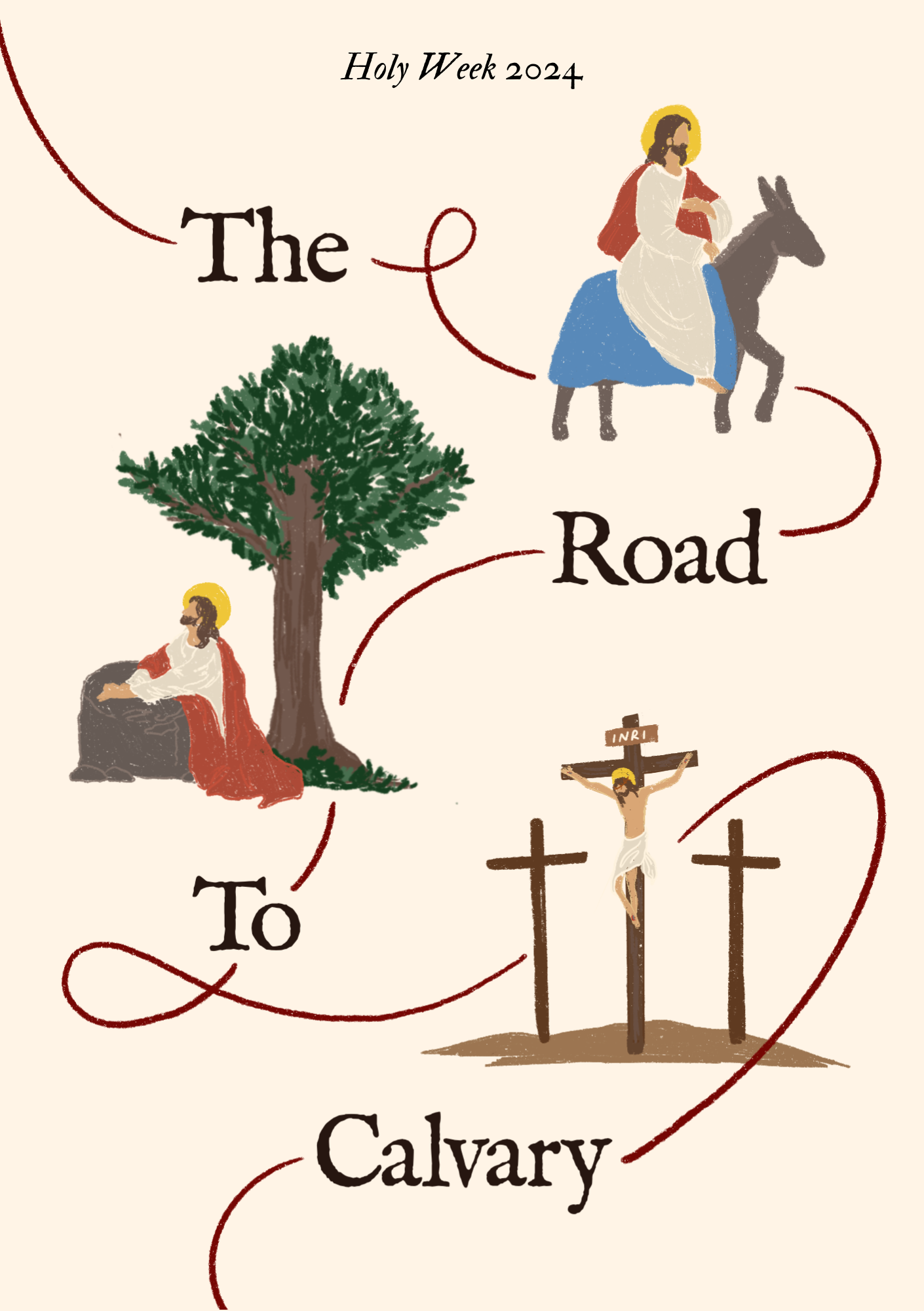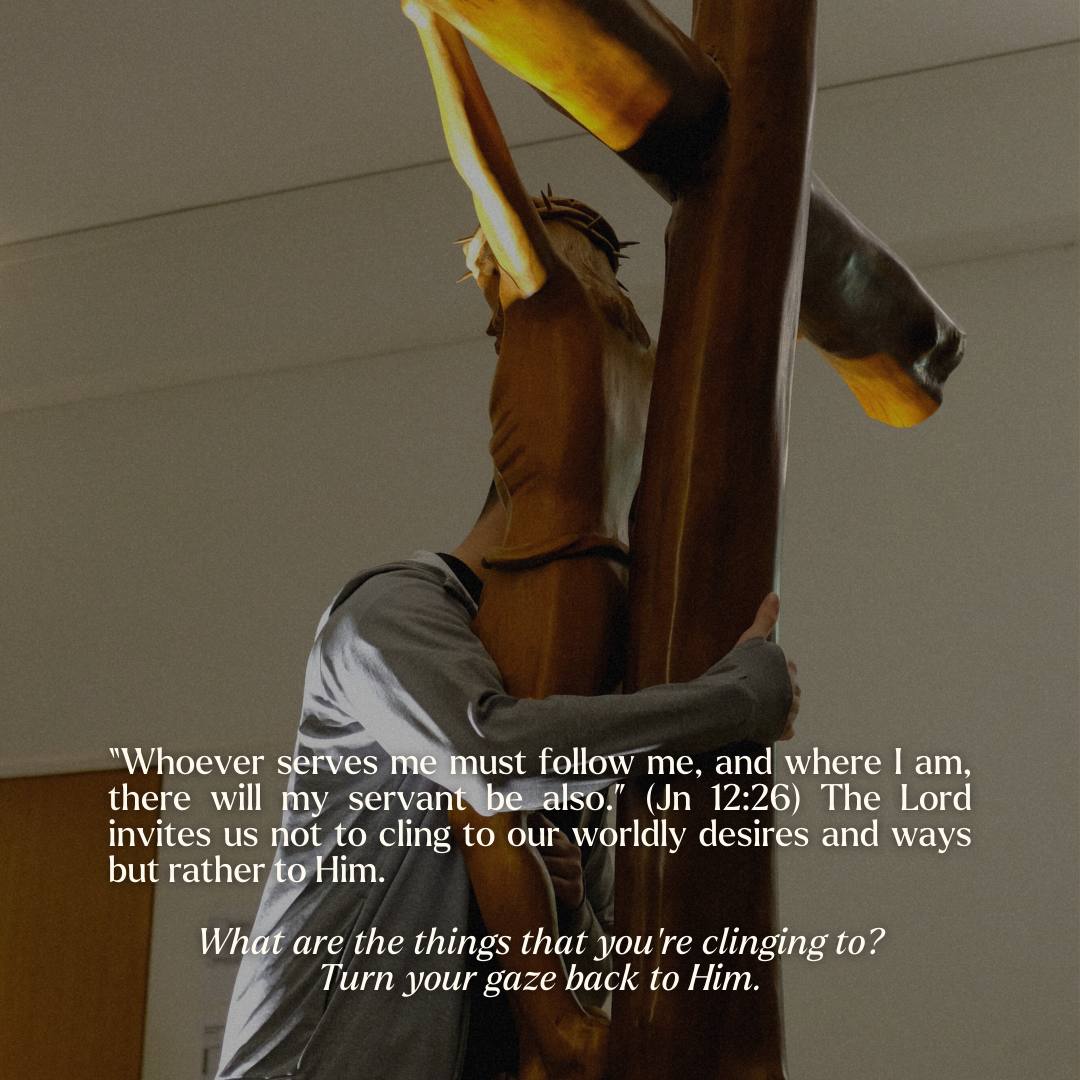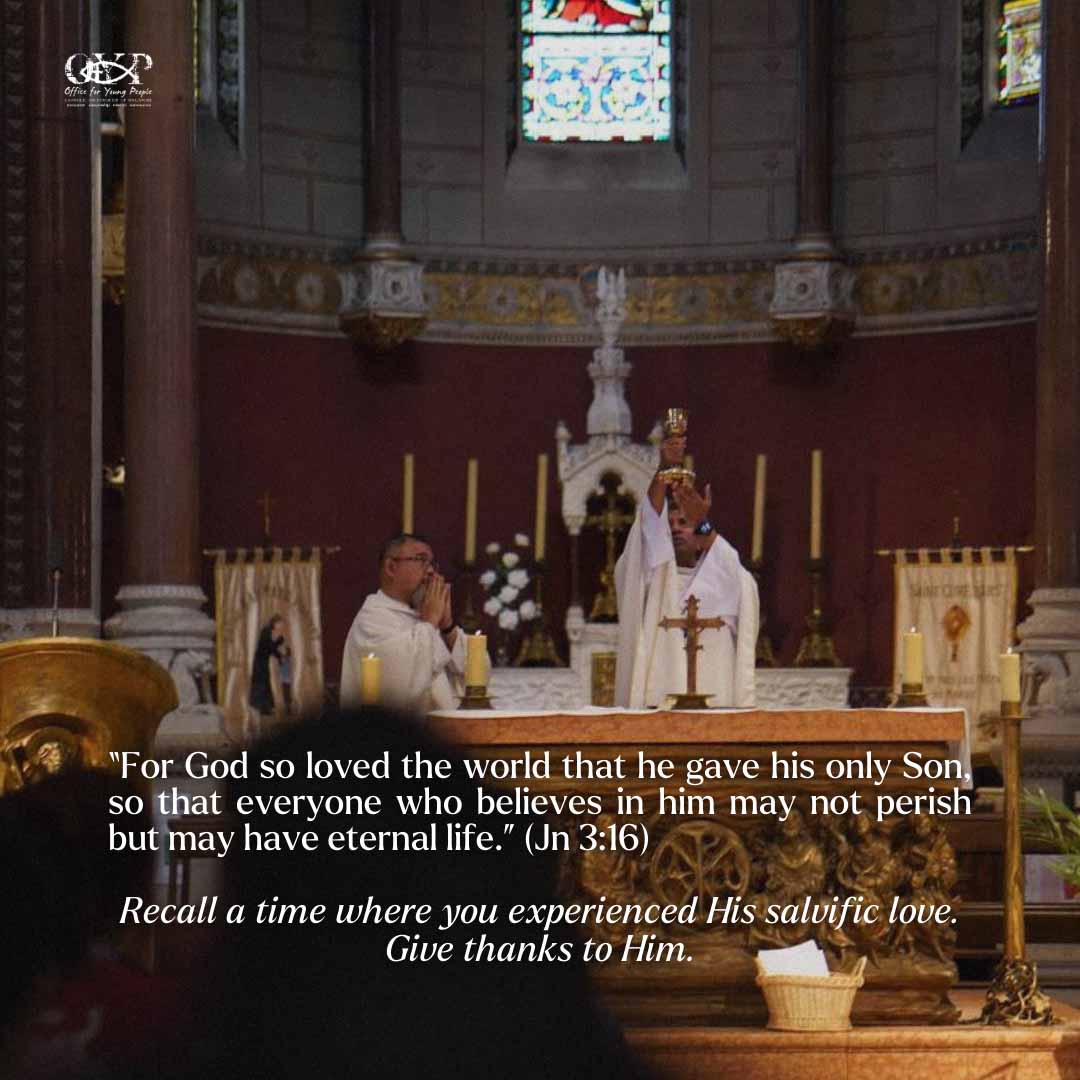By Gina Koh
What is Charity?
“He asked Jesus, ‘Who is my neighbour?’ – ‘The one who had mercy on him.’” (Luke 10:29,37)
What kind of love do works of charity reflect? Charity is sharing and participating in God’s love, to love others in the way God does. Jesus gives us this commandment to love one another as He has loved us (John 13:34) – and this love is selfless and generous to others. As Christians who have first received mercy freely from God, our charitable actions are a manifestation of how we, in turn, extend mercy to our fellow brothers and sisters out of love for them.
There are two types of works of mercy: Spiritual works of mercy, and corporal works of mercy. Spiritual works of mercy are acts of compassion that help our neighbours with emotional and spiritual needs. These include forgiveness, consolation, comforting, and bearing wrongs patiently. Corporal works of mercy are acts which help our neighbours with their material and physical needs. Among all, giving alms to the poor is one of the chief witnesses to charity (CCC2447), and it is in giving generously that we can be faithful stewards of the gifts and resources that God has bestowed upon us.
No act of charity is too small, and the only way to grow in this virtue is to make the choice to begin today! We can show spiritual and corporal works of mercy to a charitable organisation or vulnerable group, or our own parish communities, or even with our closest friends and families. Who is your neighbour, and how would you like to show greater charity to them today?
How is Charity and Mercy exercised?
Spiritual works of mercy: Acts of compassion
In Compassion is an act of Justice, Pope Francis shares in his daily meditation that compassion is the language of God, and it allows us to look at others with the lens of the heart. Often, we may feel inclined to be indifferent to the pain and sufferings of others, or to react negatively to someone who has hurt or frustrated us. In these times, charity reminds us to look beyond ourselves and to see the reality of the person before us – that they are a brother or a sister whom God loves. We live in a world that often makes us feel like we are alone, or forgotten, or that our mistakes are too unforgivable; but God’s astonishing love compels us as Christians to be the healing hands that reach out with compassion to anyone who is hurting. It is both our mission and our blessing that we can live as people who can love radically, because we have first been radically loved. The knowledge that we have a God who loved us so much to His literal death to take away our sins, allows and teaches us to also share in the sufferings of our brothers and sisters around us.
Corporal works of mercy
Christian action recognises the dignity and value of each human person who is made in God’s image and love. This drives us to see that Jesus is present in all of us – even and especially in the ‘least’ of us. When we remember that we are one people in the house of God, we will find that we can no longer ignore the suffering of our brothers and sisters in need. In Matthew 25:31-40, Jesus teaches us to feed the hungry, to shelter the homeless, to clothe the naked, and to care for the sick and imprisoned. Charity moves us to take off the lens of indifference and to manifest our human solidarity through our acts of kindness. Henri Nouwen writes that our actions are “not an anxious human effort to create a better world. It is a confident expression of the truth that in Christ, death, evil, and destruction have been overcome.” In all our acts of charity, our hearts must first be directed to God, with the intention to similarly point others to His love and providence. Let us always remember and firmly hold on to the truth that Christ’s love is the foundation, the beginning, and the end of all that we do.








